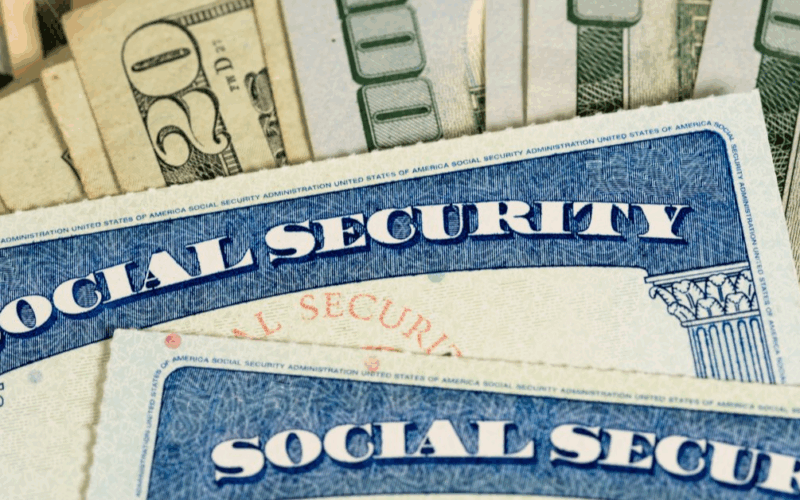Millions of Americans, particularly seniors, rely heavily on Social Security benefits for their daily survival. Unfortunately, this dependence has made them prime targets for an alarming new scam that exploits the Cost-of-Living Adjustment (COLA) to steal personal information and money.
The scam involves fraudsters impersonating officials from the Social Security Administration (SSA) to pressure seniors into revealing sensitive information under the guise of verifying details for COLA benefits. Understanding the nature of this scam and how to avoid it is crucial for protecting vulnerable seniors and their hard-earned benefits.
How the New Social Security Scam Works
Scammers are making contact with seniors through phone calls, text messages, and emails, claiming there are issues with their Social Security accounts. These issues often include suspicious activity, frozen accounts, or urgent verification related to upcoming COLA adjustments. Victims are then pressured into providing personal data such as Social Security numbers and bank account details, or even sending money directly to the scammers.
The perpetrators use various intimidation tactics, including threats of losing benefits or being accused falsely of wrongdoing. The inclusion of current topics like COLA increases the scam’s credibility, making it harder for seniors to recognize the fraud.
Key Warning Signs to Spot a Fraudulent COLA Scam
Despite the growing sophistication of these scams, several clear warning signs can help seniors and their families detect fraudulent communications:
- Unsolicited Contacts: The SSA does not initiate contact via phone calls, texts, or emails requesting sensitive information.
- Requests for Payment: Demands for payment through gift cards, wire transfers, or cryptocurrency are strong indicators of fraud.
- Pressure Tactics: Scammers rush victims, threatening immediate negative consequences to coerce quick responses.
- Suspicious Emails or Links: Look out for misspellings, odd email addresses, or suspicious links urging verification.
Official SSA Communication Practices
The Social Security Administration primarily uses postal mail for official correspondence, especially regarding annual COLA notices. Occasionally, calls occur, but only in ongoing case situations, not for unsolicited verifications. Additionally, beneficiaries can review details securely through their My Social Security online accounts, but these communications do not come through random messages or calls.
Protecting Yourself and Your Loved Ones
If you or an elderly family member receive suspicious messages claiming to be from SSA, it is essential to remain calm and follow these steps:
- Verify the Source: Do not continue the conversation or provide information. Hang up, take screenshots, delete suspicious emails, and contact SSA directly via their official website phone number.
- Safeguard Personal Information: Never share your Social Security number, bank details, or passwords with unsolicited callers or messages.
- Report Scams Promptly: File complaints with the SSA’s Office of the Inspector General or the Federal Trade Commission to aid in stopping scammers.
- Educate Others: Inform friends, family, and community members about these scams, especially seniors, to prevent others from falling victim.
“Scammers are constantly finding new ways to take advantage of older Americans. However, with vigilance and awareness, you can avoid becoming a victim,” experts warn.
Stay Vigilant Against Social Security Frauds
The rise of scams targeting seniors’ Social Security benefits amidst changes like COLA raises significant concerns. Awareness and proactive protection measures can drastically reduce the likelihood of falling prey to such deceitful practices.
Key Facts to Remember:
- The SSA never contacts individuals unsolicited to verify personal information.
- COLA benefits are updated automatically and do not require user verification via calls or messages.
- Any demand for payment through non-traditional methods like gift cards or cryptocurrency is fraudulent.
- Reporting suspicious activity helps law enforcement track and stop scammers.




